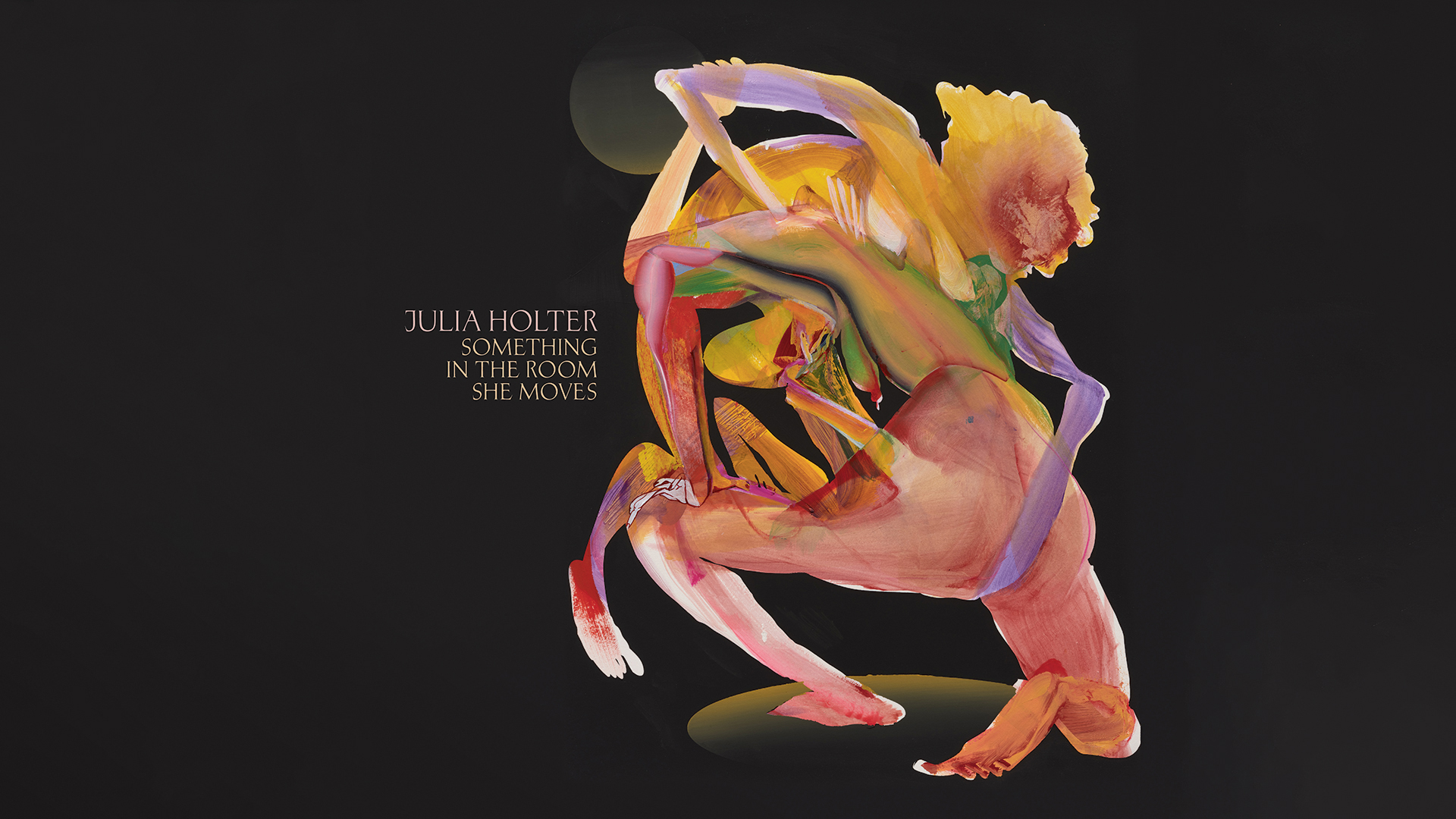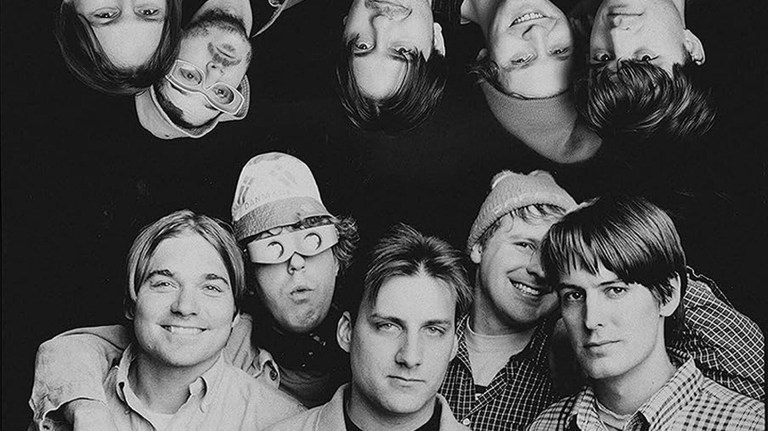Winter is here and with it a long-established tradition – the chronicling of the music, books and concerts I’ve loved most since January. A post-Covid affliction I can’t seem to shake, one that seems to be shared by many people I know, is that my sense of chronology has been upended. I have endless trouble recalling how long ago events took place, where I was or what I was doing on any given date (I’ve accepted age could also be a factor; I keep forgetting I’m turning 40 next year, no doubt I’ll need regular reminders after the event too).
Reflecting on my cultural highlights is like leaving a trail of breadcrumbs through the year; as we rocket towards the end of 2024, they help me find my way back to the parts I’d like to remember.
Get the latest news and insight into how the Big Issue magazine is made by signing up for the Inside Big Issue newsletter
Soft Power by Ezra Feinberg is the album I’ve returned to most often this year. Aptly named, it’s a collection of gentle, contemplative instrumental music which swells and contracts like a film score. Feinberg is a practising psychoanalyst based in Brooklyn who plays several instruments on the LP including guitar, Wurlitzer organ and Moog Matriarch. I find synths and acoustic guitar don’t always blend well but the instrumentation on this record falls together beautifully, enhanced in particular on the closing track, Get Some Rest, by the magic touch of harpist Mary Lattimore.
Julia Holter’s Something in the Room She Moves has a similar delicate magnetism. I was initially drawn to the album by its cover art, a painting by Christina Quarles of two kinetic figures clasping each other in blotchy water-colours. The theme of bodies features heavily throughout the album, a more tangible subject matter than Holter’s previous, more ethereal and dreamlike work, and the record is rich with romance and lyrical elegance.
- This jazz festival born in the wake of the pandemic captures the heart of the Big Easy
- Wah Wah 45s record label turns 25. From breaking new acts to releasing great songs, this is its legacy
In contrast, Edrix Puzzle’s Lotus Blossom is decidedly confrontational. A group of skilled jazz players, they take inspiration from Sun Ra and Herbie Hancock along with the psychedelic avant-garde and Hot Rats-era Frank Zappa. Psych-jazz has become more popular over the past few years, demanding varying degrees of patience from the listener, and I appreciate the meticulous skill it must take to make a record which is both challenging and pleasant to listen to. Lotus Blossom has not been far from my headphones since its release.










